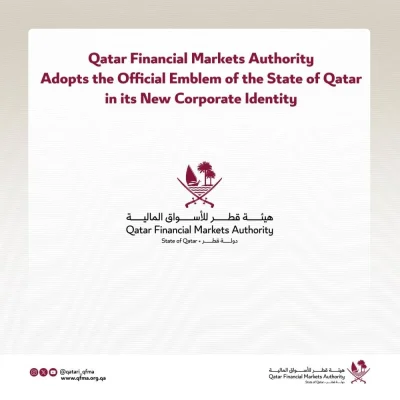Market EyeAhead of the US key inflation data in the US, the Qatar Stock Exchange listed, like other major Gulf bourses, saw severe selling pressure, leading to a 112-point plunge in its index and about QR7bn in capitalisation.The foreign institutions were seen increasingly net profit takers as the 20-stock Qatar Index shed 0.99% to 11,226.84 points, although it touched an intraday high of 11,367 points.The industrials, insurance and banking counters witnessed higher than average selling pressure in the main market, whose year-to-date gains truncated further to 6.2%.The Gulf institutions turned bearish in the main bourse, whose capitalisation eroded QR6.93bn or 1.02 to QR670.75bn, mainly on large and small cap segments.The domestic institutions’ substantially weakened net buying had its influence on the main market, which saw as many as 2,966 exchange traded funds (sponsored by AlRayan Bank and Doha Bank) valued at QR0.02mn trade across eight deals.However, the local retail investors were seen net buyers in the main bourse, whose trade turnover and volumes were on the increase.The Islamic index was seen declining slower than the other indices of the main market, which saw no trading of treasury bills.The Arab individual investors turned bullish in the main bourse, which saw no trading of sovereign bonds.The Total Return Index shed 0.99% and the All Share Index by 1.06% and the All Islamic Index by 0.59% in the main market.The industrials sector index tanked 1.61%, insurance (1.26%), banks and financial services (1.25%), transport (0.27%) and consumer goods and services (0.24%); while telecom gained 0.25% and real estate 0.12%.About 71% of the traded constituents were in the red with major losers in the main market being Meeza, Industries Qatar, QNB, Qatar Insurance, Qatar Electricity and Water, Qatar Islamic Bank, Doha Bank, AlRayan Bank, Gulf International Services, QLM, Nakilat and Gulf Warehousing.Nevertheless, Ezdan, Medicare Group, Milaha, Vodafone Qatar, Inma Holding and Mazaya Qatar were among the gainers in the main bourse.In the venture market, Techno Q saw its shares appreciate in value.The foreign institutions’ net profit booking increased drastically to QR50.95mn compared to QR31.06mn the previous day.The Gulf institutions turned net sellers to the tune of QR1.6mn against net buyers of QR8.3mn on August 27.The domestic institutions’ net buying decreased substantially to QR18.76mn compared to QR31.4mn on Wednesday.The foreign individual investors’ net buying eased marginally to QR1.18mn against QR1.86mn the previous day.However, the Qatar individuals were net buyers to the extent of QR29.75mn compared with net sellers of QR6.35mn on August 27.The Arab retail investors turned net buyers to the tune of QR2.7mn against net sellers of QR3.38mn on Wednesday.The Gulf individuals were net buyers to the extent of QR0.18mn compared with net sellers of QR0.59mn the previous day.The Arab institutions had no major net exposure against net profit takers to the tune of QR0.18mn on August 27.The main market saw a 2% jump in trade volumes to 143.38mn shares, 4% in value to QR359.1mn and 5% in deals to 18,014.In the venture market, a total of 1.63mn equities valued at QR4.55mn changed hands across 275 transactions.
























